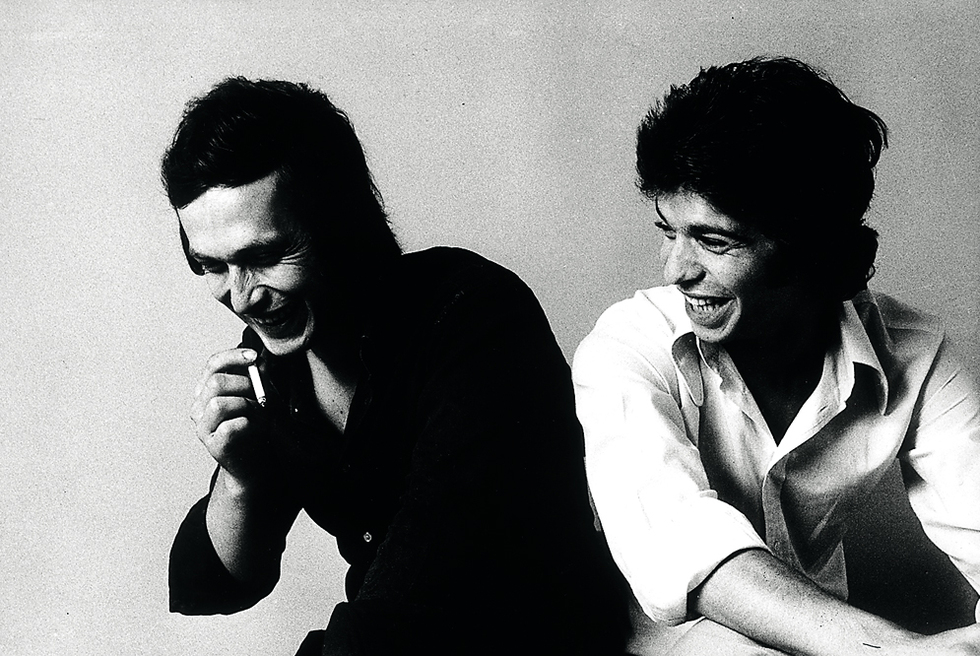Playing the music(s) we call jazz is not an easy life, neither regarding the art itself, nor as a way to make a living. The reasons for anyone to follow that path fall beyond the realm of logic; art is a tricky business, and longevity and sheer stubbornness do not necessarily bring about recognition and financial support for the artist’s work. Luck and chance can make or break a career. Even so, there are men and women who work relentlessly to realize whatever shakes their spirits. If there is one musician who’s taken his art to an overwhelming standard of technical virtuosity, swimming against the strongest tides of disapproval, that must be Cecil Taylor, who turns 85 today.
Years before Ornette put any music on record, before Coltrane stepped firmly into the unknown, Taylor was hammering his way into the scene in New York, but he never quite made it, even if he was the first jazz act at the now legendary Five Spot, turning it into a bona fide jazz venue. He was not only aware of jazz and its traditions, but he claimed that his approach to form and composition was based on Duke Ellington's, and, being an astonishing virtuoso, had very definite ideas on the value and role of technique in fellow pianists such as Thelonious Monk and Horace Silver, two clear instances of technique being the consequence of the music itself. Even so, his arrival must have been similar to
Henry Cowell's in the "classical" world, thirty or forty years earlier.



